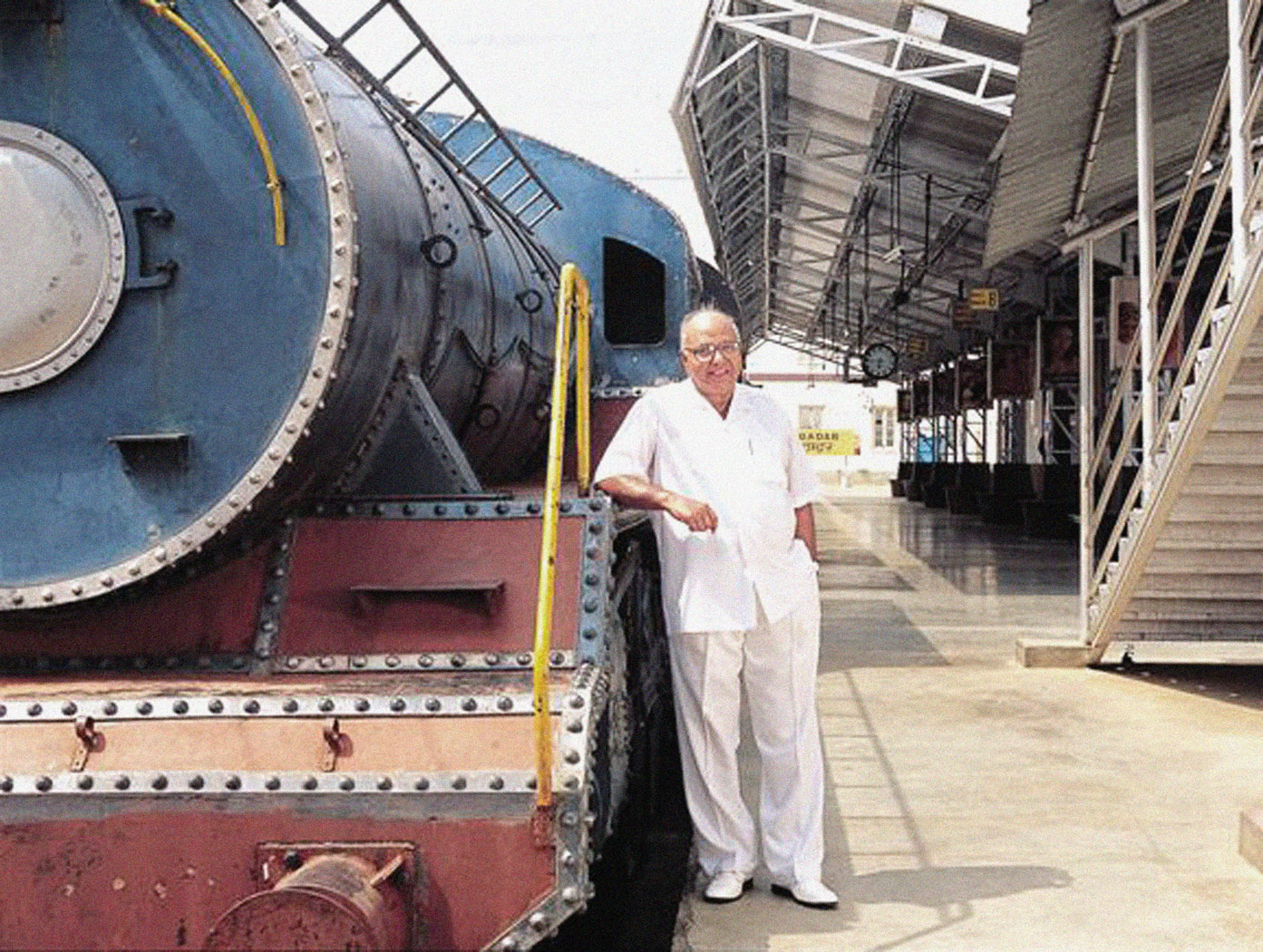
How Ramoji Rao of Eenadu wrested control of power and politics in Andhra Pradesh
Nandamuri Taraka Rama Rao, universally known as NTR, woke, of long habit, at 3 am. Once a movie star, the hugely popular NTR had changed the very character of Andhra Pradesh politics over the previous decade. He had founded the Telugu Desam Party in opposition to the Congress, and reaped rich electoral rewards through the 1980s. The TDP was now indelibly part of the state’s political make-up, and NTR himself had been its first ever non-Congress chief minister.
On this day, however, he had been out of power for five years. The state was in the midst of fresh elections, and forecasts from the first phase of polling were less than comforting for the TDP. NTR was 71 years old, and could no longer campaign the way he used to a decade earlier, when practically all of Andhra Pradesh turned out to greet him on its roads. He was in delicate health; he had had to leave out the interior regions of the state entirely during campaigning, and restrict himself to main roads of Andhra.
To swing the balance in his favour, NTR’s wife, Lakshmi Parvathi, had set up an appointment with Cherukuri Ramoji Rao, the owner-editor of Eenadu, the state’s largest-selling Telugu newspaper. Rao was widely credited with having helped NTR and the TDP into power. Eenadu sold 5 lakh copies a day, and dominated public opinion in Andhra Pradesh. Rao was the most powerful ally a politician in the region could have. He had also fallen out with NTR a few years ago, however, and the meeting now was “like bringing two egotistic bulls together,” Parvathi remembered. But NTR, who had become a legend by playing gods and mythical heroes on-screen, needed a newspaper on his side again. And so, that morning, he and Parvathi left home in their Ambassador, telling no one and taking no security with them, for the posh Chikoti Gardens neighbourhood of Hyderabad, where Ramoji Rao lived. It was 5.30 in the morning.
When they arrived, the main gate swung open, but there was nobody to open an interior gate. What followed were the longest ten minutes of Parvathi’s life, as her husband and she stood waiting to be let in. “His face had turned red with anger,” Parvathi said. “I regretted setting up the meeting. I kept thinking, how could he do this?”
Rao came and opened the gate at last. “I was walking on the terrace, so I got delayed,” he said, with no trace of apology in his voice. Parvathi, recalling the conversation twenty years later, said, “He wanted to humiliate NTR.” The two men spoke for twenty minutes, while Parvathi sat with Rao’s wife, Rama Devi.
When they walked out, Parvathi began to plead with Rao for his support, but he only said, dryly, “According to our survey, the majority will be five or six seats. Even if you come,”—to power—“it will be tough to sustain.” NTR, the most popular political leader to have emerged from modern Andhra Pradesh until then, nodded silently, and left.
Ramoji Rao is often called one of the country’s biggest media barons, and stories like these explain why he is considered, and perhaps thinks of himself as, the most powerful man in Andhra Pradesh. In the 1980s, with no prior political experience whatsoever, NTR had become the state’s chief minister within nine months of founding his party. Rao saw his role in that feat as so key that he sent NTR a bill for Rs 30 lakh for his services at the end of that campaign.
In the years that followed, Rao shadowed every chief minister Andhra Pradesh had, either as indispensable ally or bête noire. For four decades, he has played the state’s own Citizen Kane: the head of a newspaper empire that has dictated politics and government, often shaped collective opinion, and grown and shrunk dramatically over these years. Eenadu began with a print run of four thousand copies in 1974. Today, it is published from 23 centres, including Delhi, Mumbai, Bengaluru and Chennai, and sells over 1.8 million copies a day. It changed the very nature of newspaper readership in the Andhra region; at one point, it controlled 78 percent of the Telugu newspaper market. Competitors have come and gone; some, such as Jagan Mohan Reddy’s Sakshi, have succeeded in putting a dent in Eenadu’s popularity. But every Telugu newspaper has either made itself in Eenadu’s image, or gone bust. Throughout this picture, Rao’s ambition—often seen as grasping and opportunistic—runs like a distorting ripple. “But for Ramoji Rao,” said the political scientist G Haragopal, “the politics of Andhra would’ve been different.”
- See more at: http://www.caravanmagazine.in/reportage/chairman-rao#sthash.Nbbepj7r.dpuf
STORY BY

Press Club
Content Team
Article posted on 22/12/2014
- Share This Story On:



